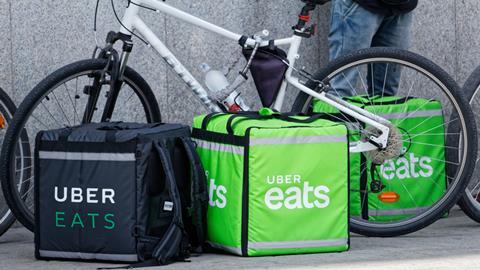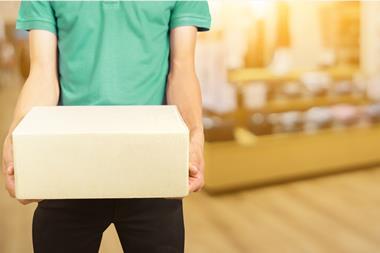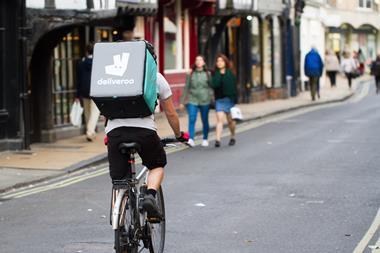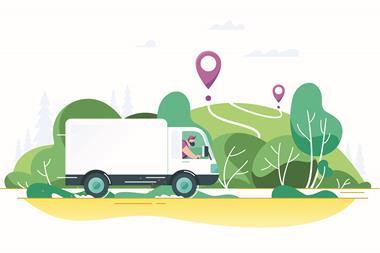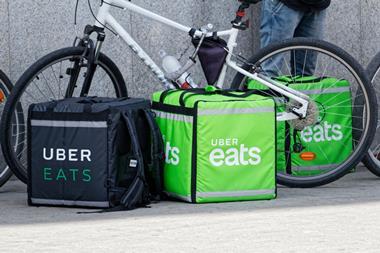The Costcutter and Uber Eats partnership is providing the hyper-convenience meant to make communities’ lives easier and is a sign of things to come.
The online grocery sector has ballooned to be worth £11.6bn as more consumers order their groceries online and start to shun the weekly shop in large supermarket stores.
Meanwhile, the popularity of convenience stores is growing to be worth £41bn.
So, as both sectors expand, this kind of partnership is currently the only way to help smaller, independent retailers to thrive over big names such as Tesco and Sainsbury’s – who are continuing to improve their online experience.
“The tech behind its partnership with Uber Eats is helping Costcutter improve its customer proposition without needing to do the complex legwork in-house”
Being able to order a few things from your local convenience store, rather than heading out to your nearest big supermarket – which is sometimes quite far away for inner-city dwellers or rural communities – could give these smaller retailers another point of difference in a highly competitive sector.
The tech behind its partnership with Uber Eats is helping Costcutter to improve its customer proposition, all without needing to do the complex legwork in-house. Retailers don’t need to be tech experts when they can trust third parties to do it for them.
The new normal
We expect to see this kind of tech partnership become the norm as the demands for convenience and real-time delivery strengthen simultaneously.
Young shoppers have grown up in an era of ‘new convenience’ and many will go to their local shop, rather than a supermarket, to get their groceries. Having stores like Costcutter and Co-op readily available on Deliveroo and Uber Eats only makes convenience even more accessible, so it could easily become the norm for younger generations.
Expectations are rising, and customer demand for ease and speed has come from general retail market shifts, so these kinds of partnerships just take us one step closer to making everything instant.
“Young shoppers have grown up in an era of ‘new convenience’ and many will go to their local shop, rather than a supermarket, to get their groceries”
Also popular with younger generations is the sustainable aspect of the Co-op-Deliveroo deal, which uses zero-emission electric cargo bikes in London.
Such partnerships will only become more common as retailers realise it isn’t a sign of weakness to ‘outsource’ logistics and delivery to external experts. In fact, it’s quite the opposite.
It shows their commitment to providing best-in-class, innovative experiences as third parties are often able to give retailers access to more advanced and more cost-efficient tech.
Put the customer at the heart of change
Customers should be the main focus of a retail transformation strategy – and other retailers attempting this model will need a high density of stores in order to keep up with demand, as well as deliver products quickly.
This could perhaps mean closing larger stores and opening more small local ones. And there is still a necessity to offer wider ranges, longer opening hours and supermarket quality.
Essentially, it could eventually be a question of turning that huge flagship supermarket into a mini distribution centre with real-time delivery.
Another big challenge with selling groceries online via apps such as Uber Eats and Deliveroo is that the model may be unprofitable due to tiny margins on products, coupled with delivery drivers having to be paid.
However, what this shows is that retailers cannot afford to stand still if they want to win in the convenience-led digital economy.
Paul Homer is national sales manager at Sorted Group





















